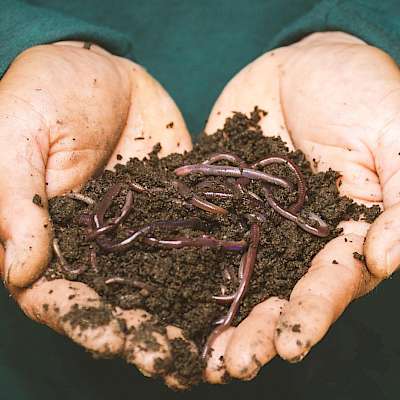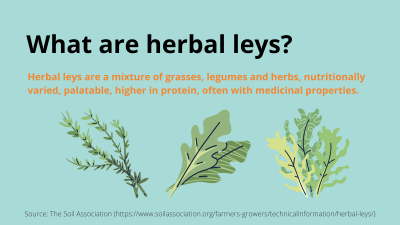In our latest film “Organic September: Producing Better”, we highlight organic farming techniques being used with impressive results in the central belt of Scotland. Featuring Hugh Grierson of Grierson’s Organic and Bryce Cunningham of Mossgiel Organic Farm, this film shows how farmers can reduce their reliance on cereals, soy and fertilisers, whilst maintaining yield and increasing soil health, biodiversity and animal welfare.
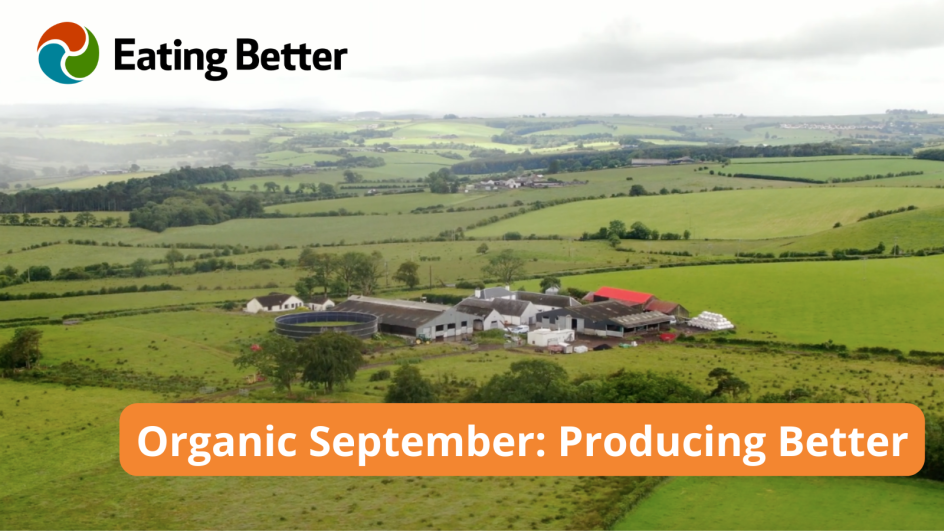
Why is soil so important?
Soil is the engine in a great many natural cycles and processes that regulate our wider environment, alongside acting as the source of our food supply. Healthy soils are essential for high crop yields and sustainable farming in the future. If soil health is not maintained, nutrient depletion can quickly occur, directly reducing crop yields. Soil restoration can take many years depending on its condition, so it is in our best interest to manage it sustainably and effectively now with a view to ensuring future food security.
Soils also play an important role in mitigating climate change and the release of GHG emissions. UK soils currently store about 10 billion tonnes of carbon, roughly equal to 80 years of annual UK GHG emissions. Healthier soils sequester and store more atmospheric carbon and conversely, poorly maintained soils are more prone to erosion and release of carbon.
How can farmers improve soil health?
Soil health can be safeguarded in a number of ways, at no detriment to the landowner or farmer - in fact, many of these methods actually provide wider benefits to the land and biodiversity. As has been clearly demonstrated at Mossgiel Farm, mixed cropping of herbal leys is particularly effective for livestock farmers. The different herbal leys and grasses interact symbiotically; they store up nutrients in the soil, and the different root systems offer greater structural support for the soil than monoculture rye grasses. These varied grasses also offer the grazing livestock a nutrient-rich and healthy diet, in this case supporting the production of high quality dairy.
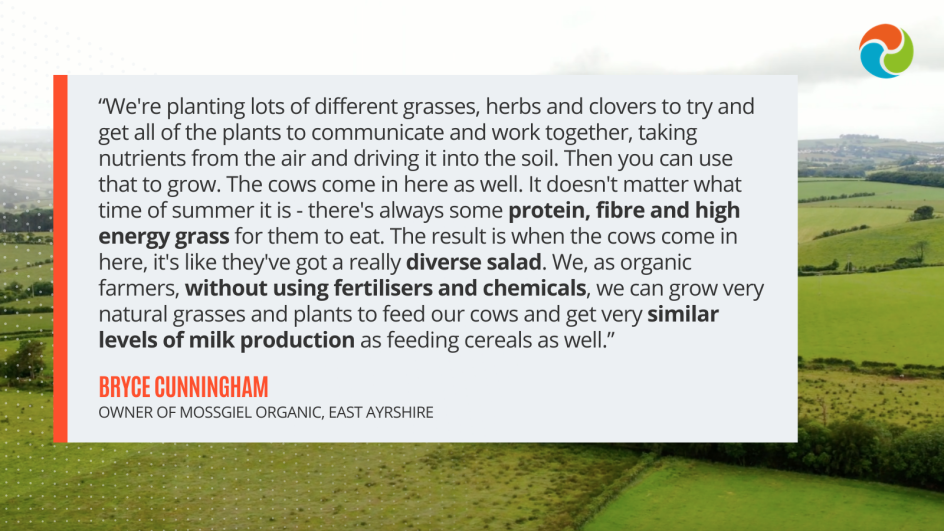
Cover crops and organic manure and fertilisers provide effective support to soil health. With increasingly unpredictable climate conditions and extreme weather events, cover crops can act as a shield, preventing nutrient loss and erosion of the soil in between growing product crops. Organic fertilisers, such as manure is also a great alternative to protect the soil. Unlike synthetic fertilisers, these are less likely to be washed away by rain and irrigation, posing a lower risk of damage from eutrophication and chemical pollution.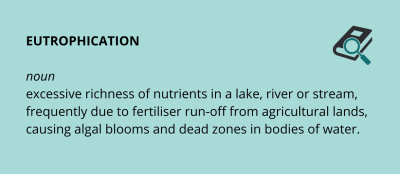
We would like to see more farmers and landowners implement land management strategies that make their farming systems more nature friendly. We would also like to hear from more farmers like Hugh and Bryce so we can support them to share their knowledge and experience with others.
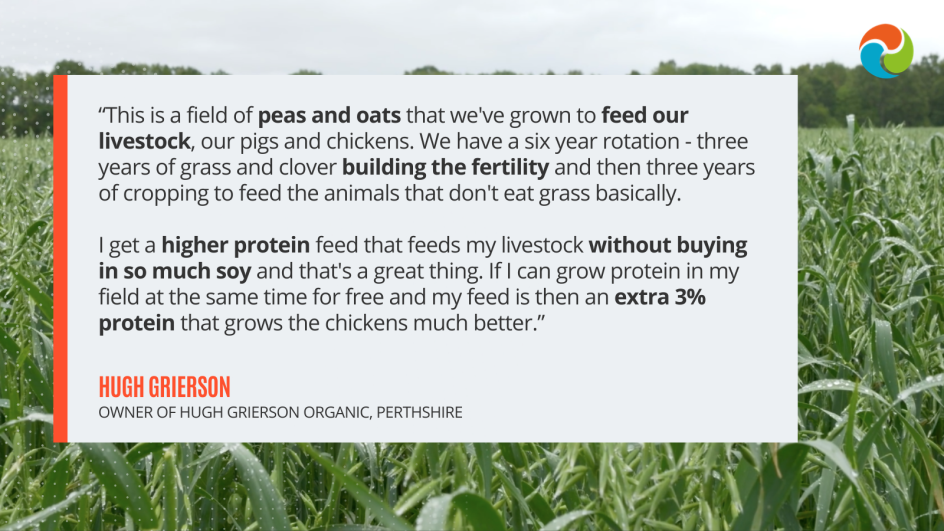
Our Better By Half roadmap calls for producers to harness the profitability of environmental services, making use of opportunities to diversify farm incomes by delivering public goods, such as improving farm biodiversity, soil health and forest cover. The roadmap also demands a switch to better meat and dairy production. Farmers should aim for the highest standards of environmental protection, animal welfare and climate resilience.
Where can you find out more?
Learn more about soil health and the impact of going organic from the Soil Association, a member of the Eating Better alliance.
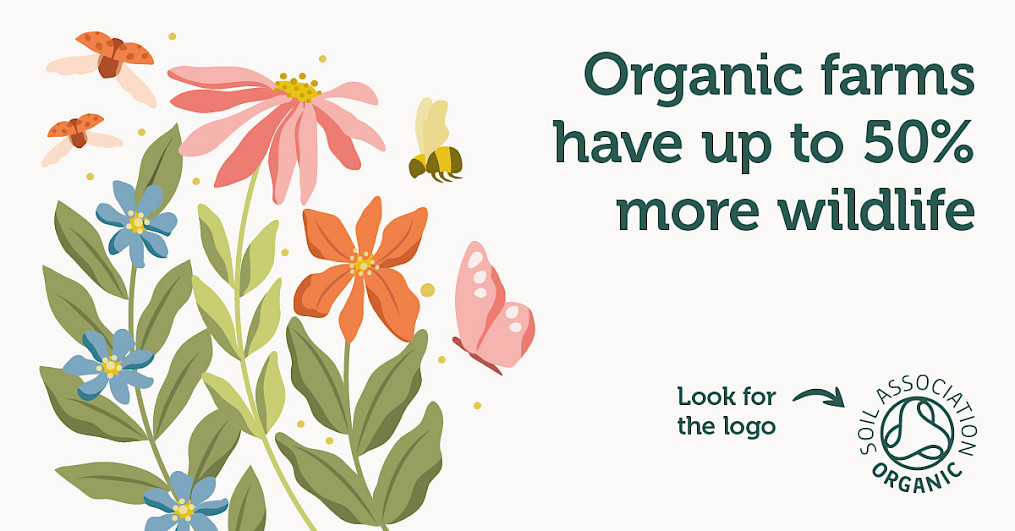
Other members of the Eating Better alliance working to support farming in a way that is better for our health, animal welfare and the planet:
